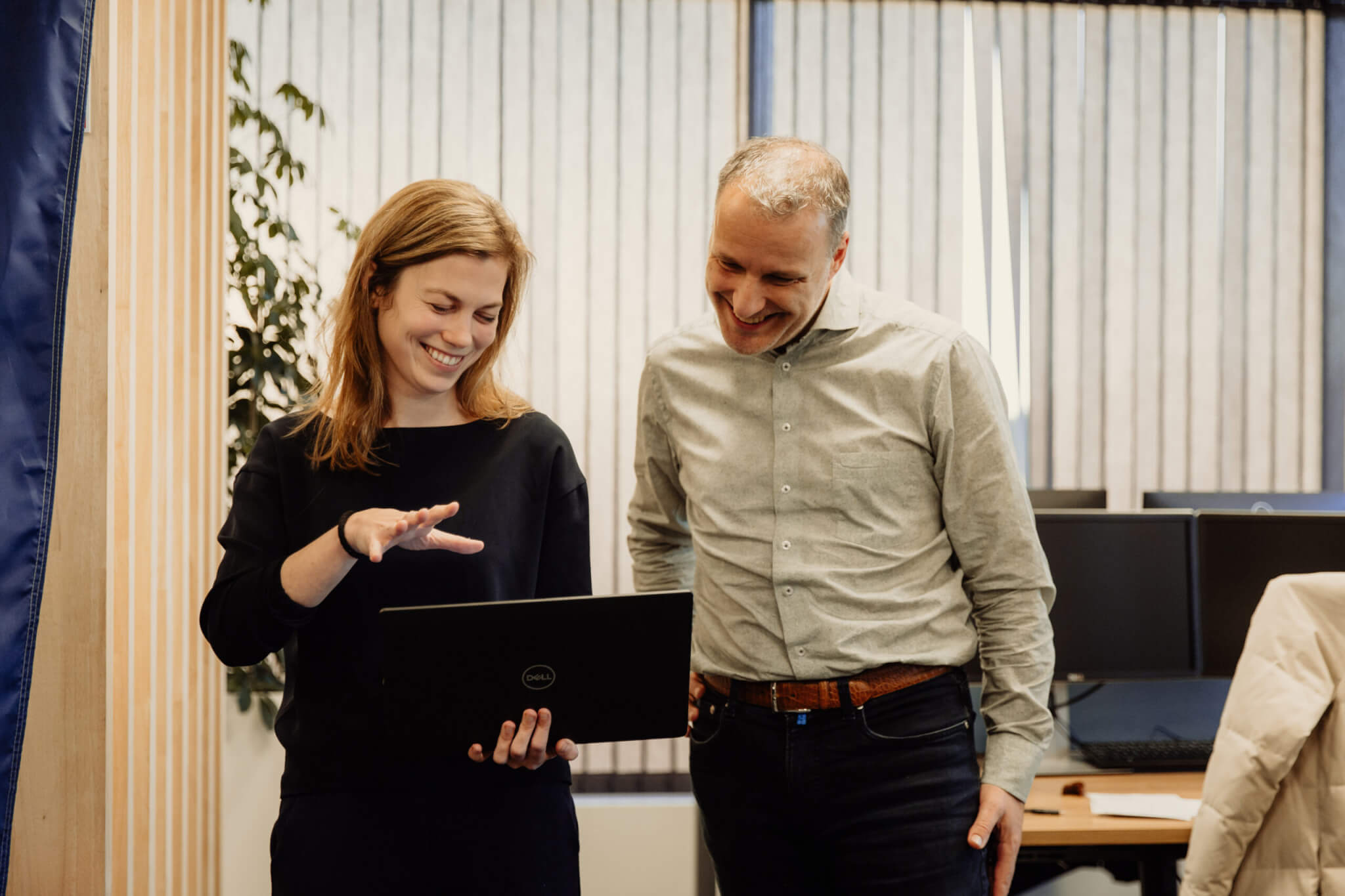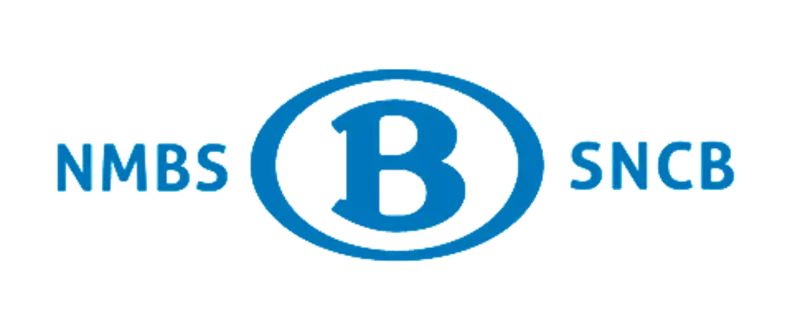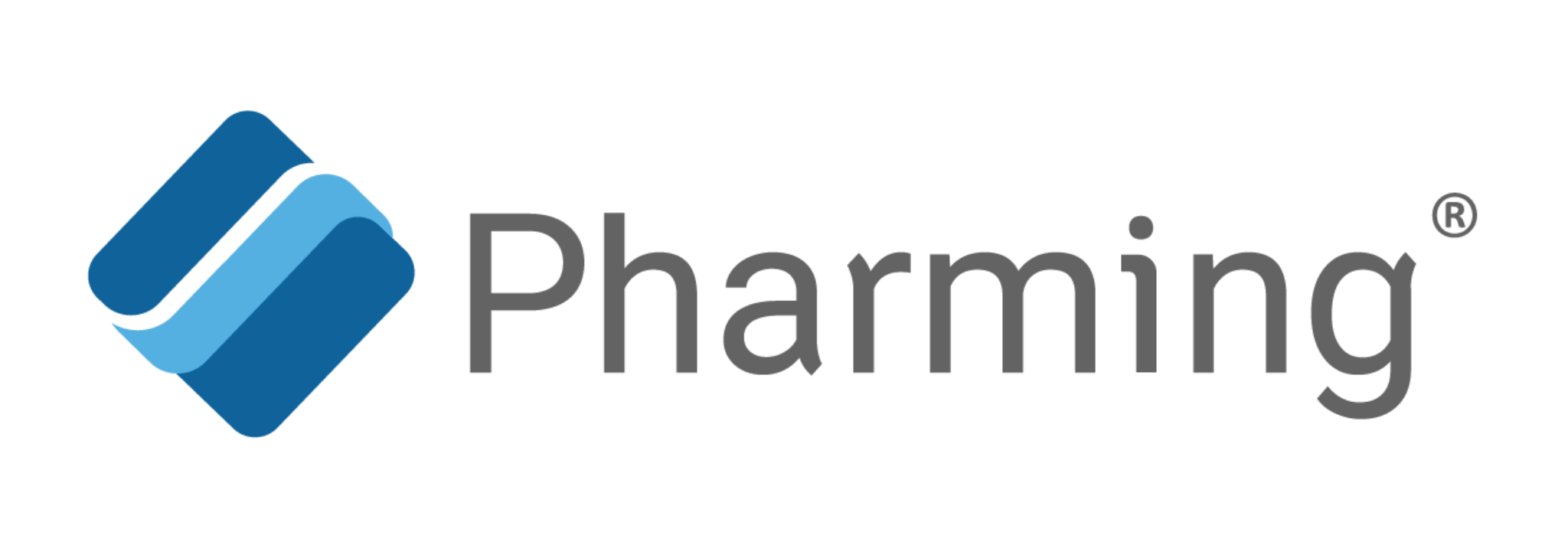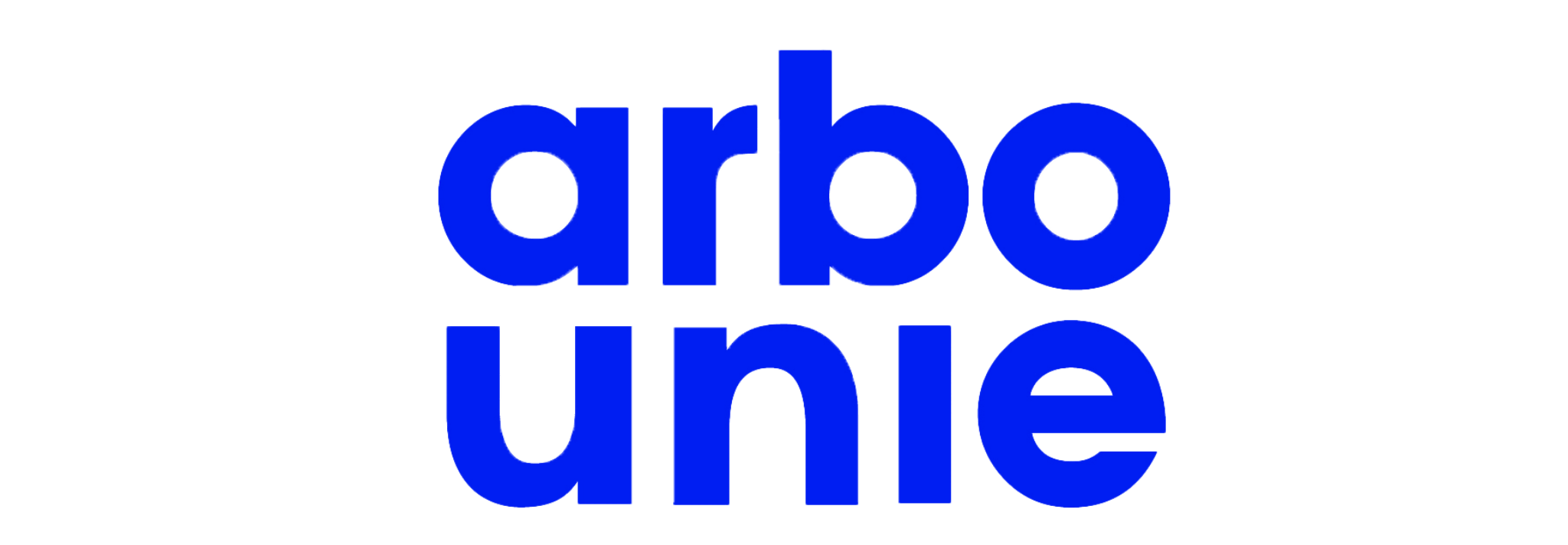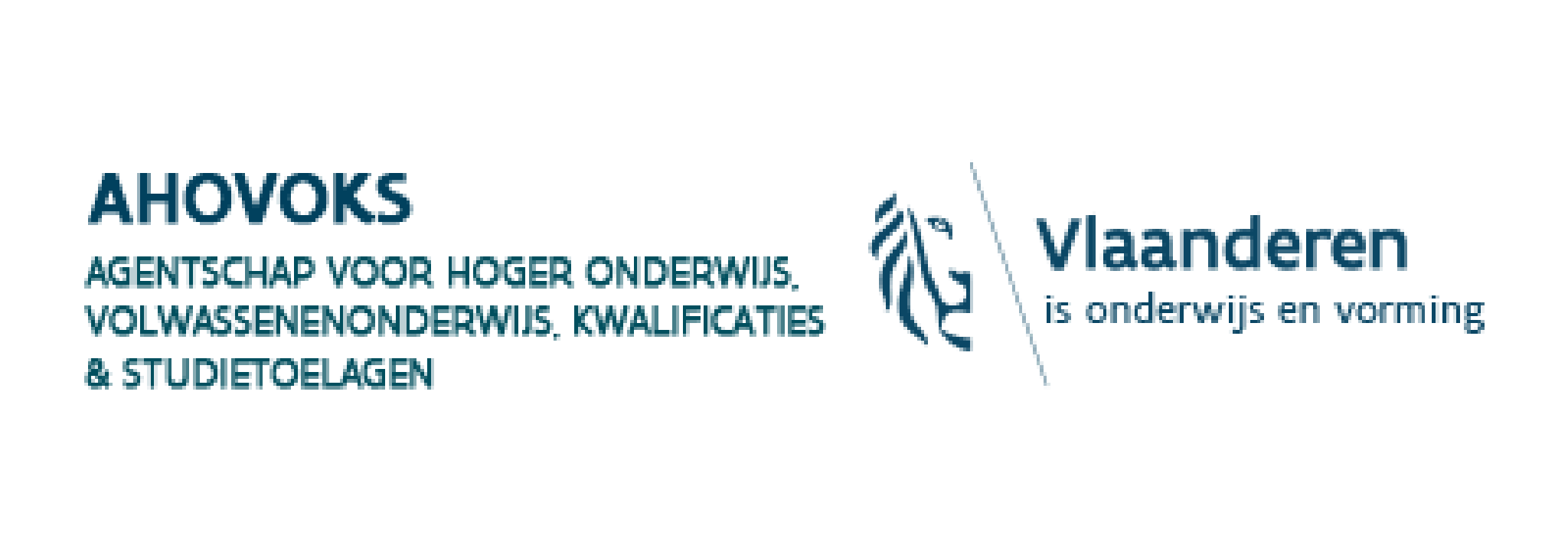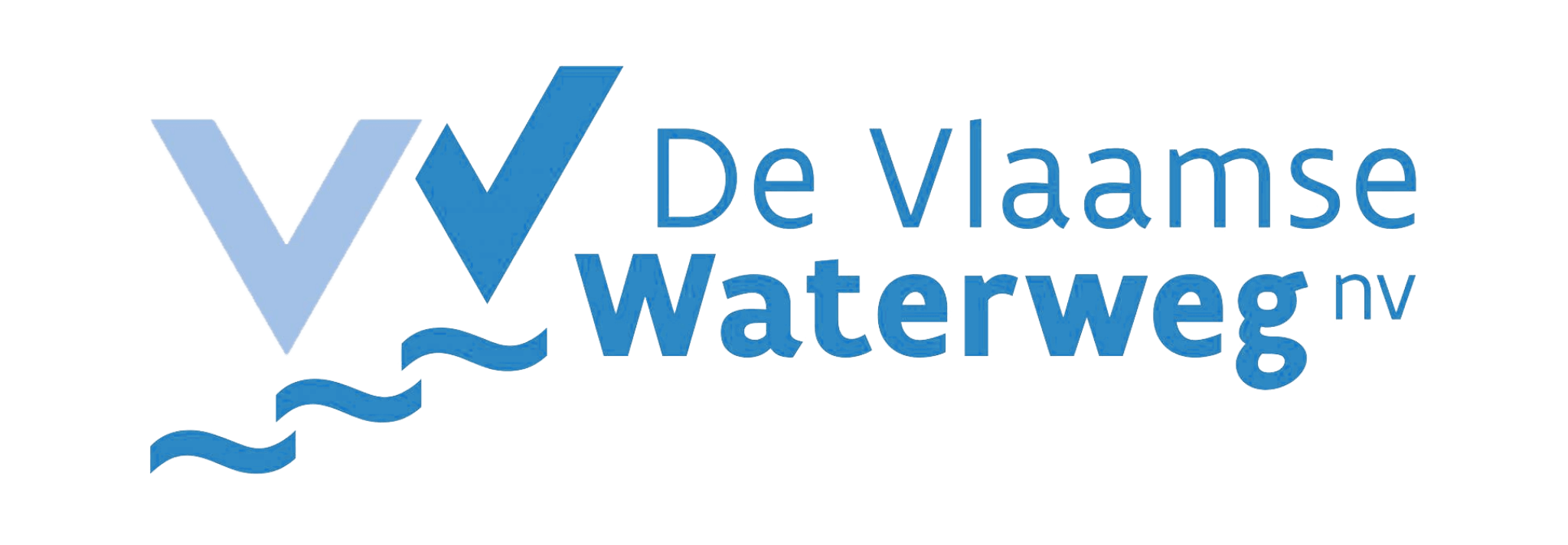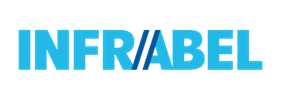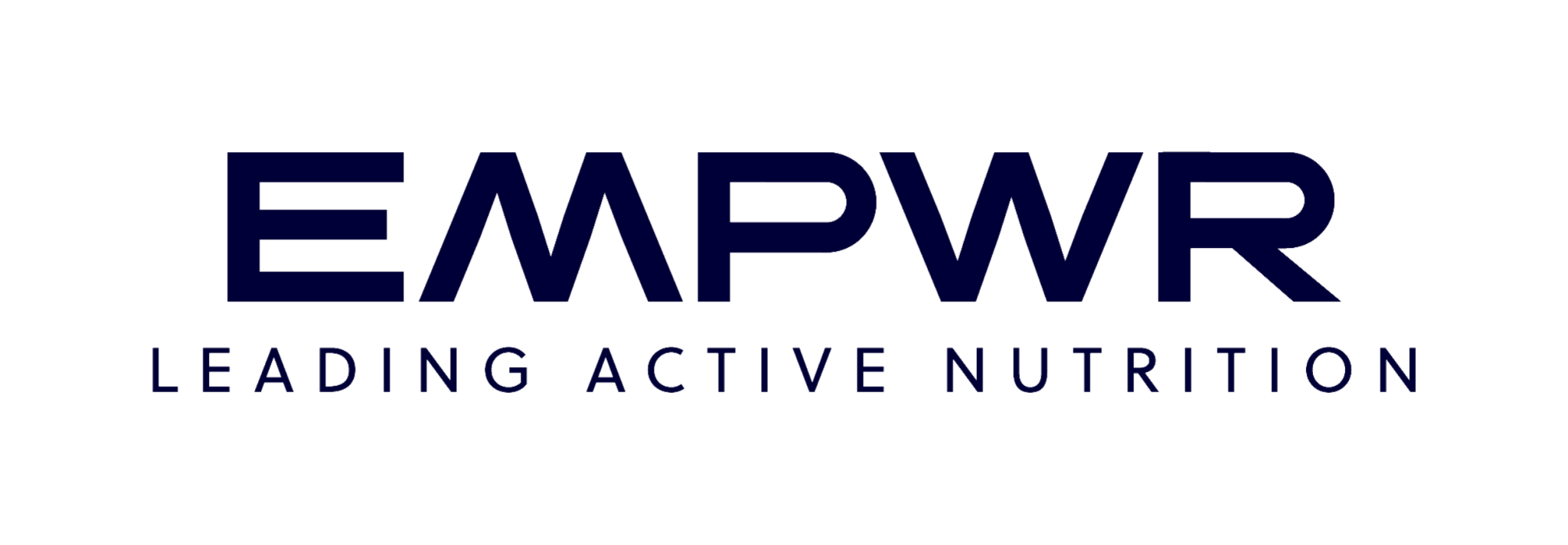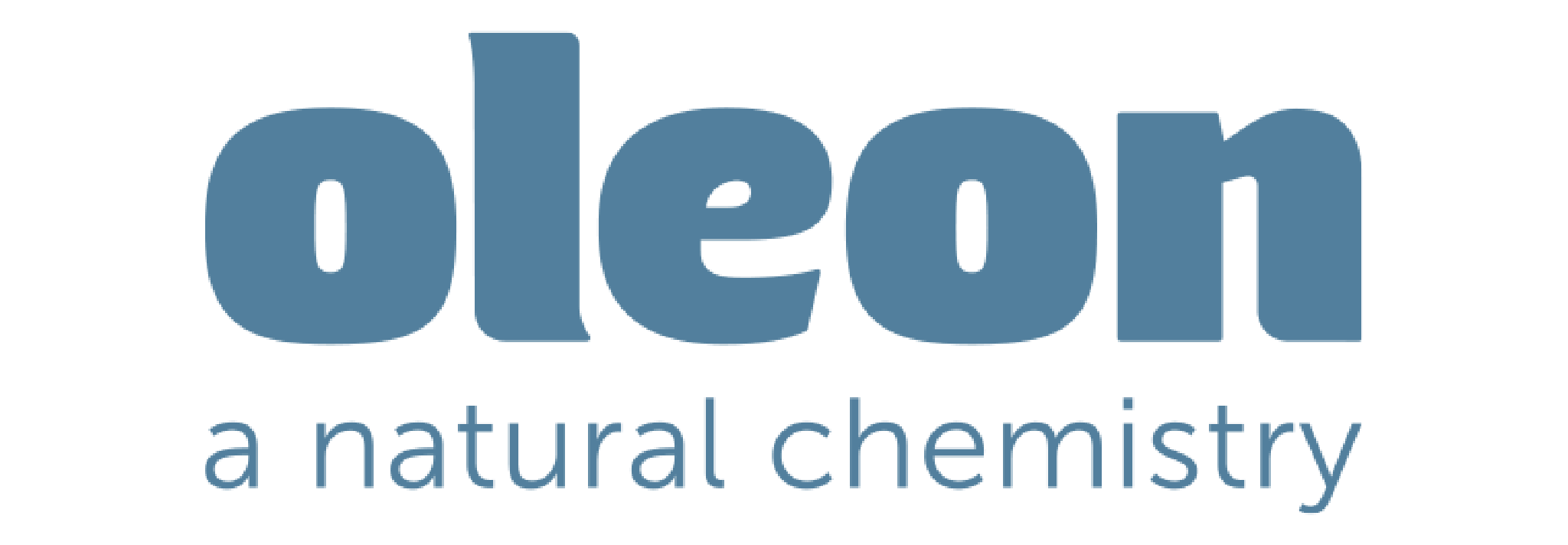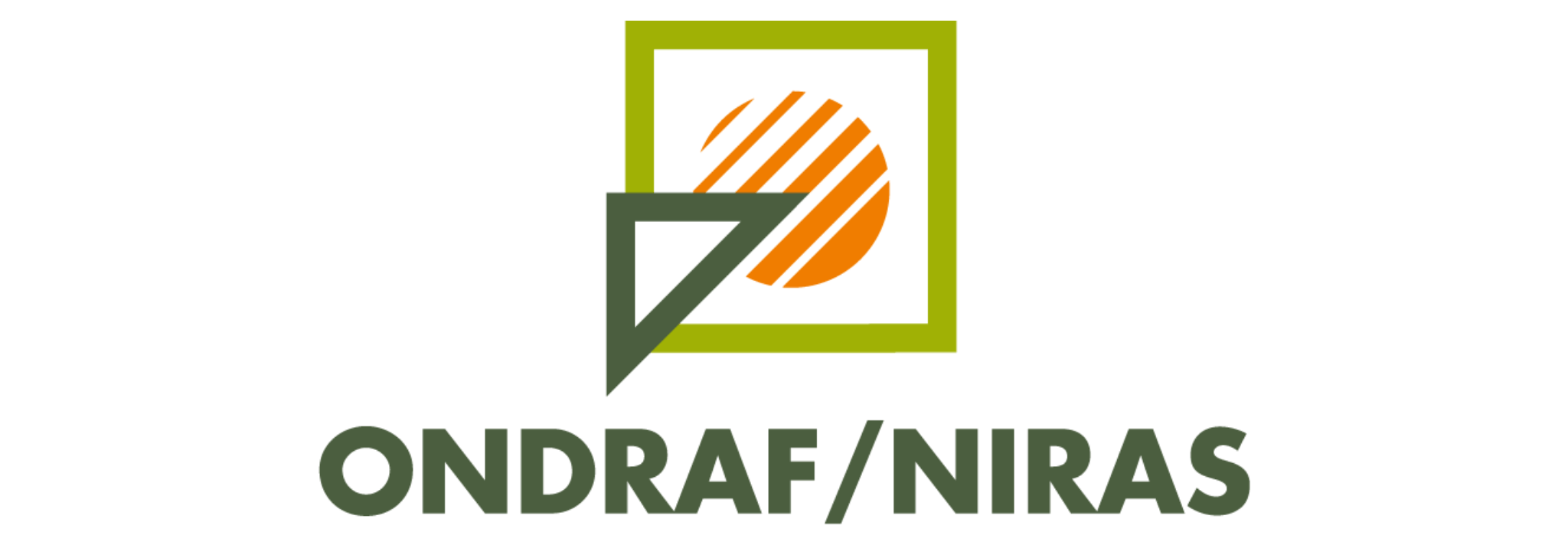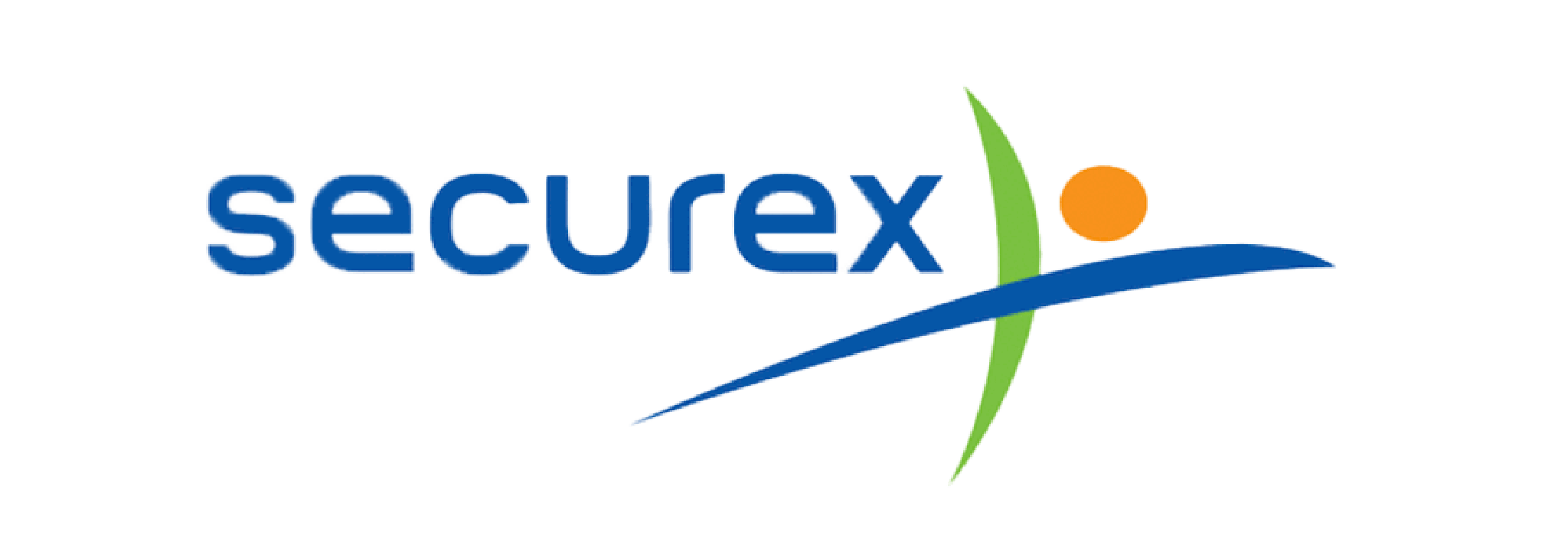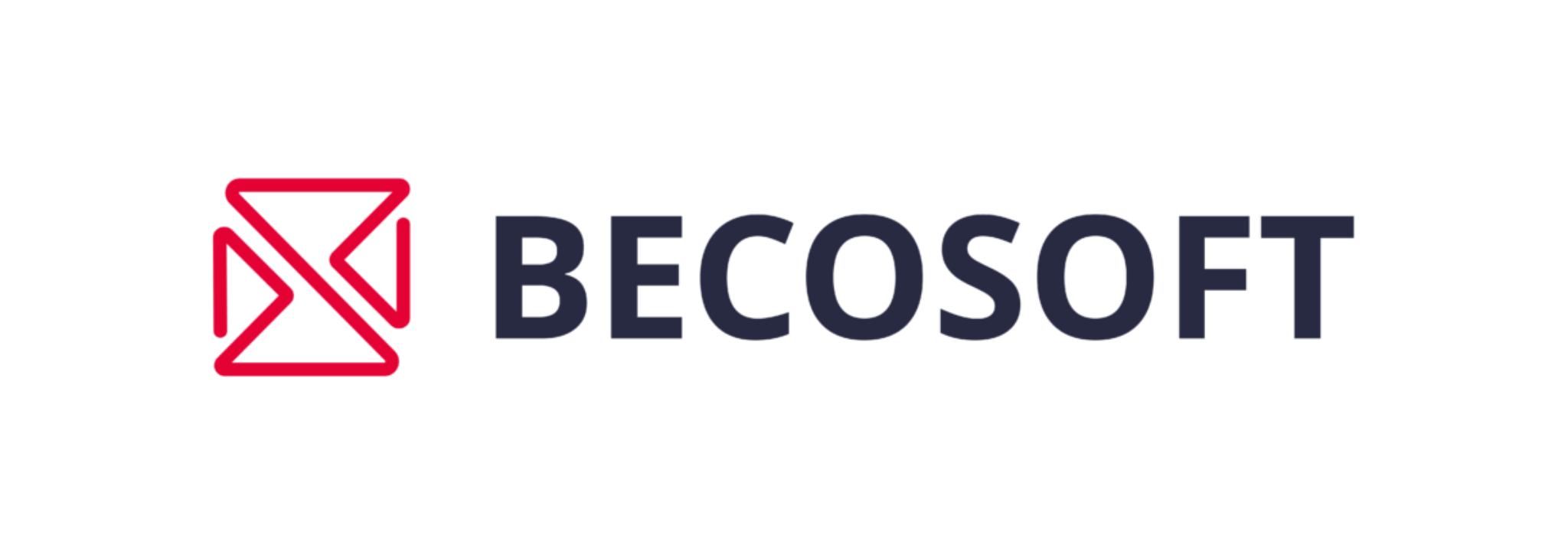When COVID-19 occurred in March 2020, Infrabel cancelled all its project management trainings. After months of teleworking and getting used to this new way of normal, they felt the need to put again more focus on the talent development of their teams. Nevertheless, COVID made them realize their talent development approach could use some improvements to guarantee an effective return on their talent investment.
87% of executives in McKinsey’s Global Survey (2020) say they experienced skill gaps in the workforce, even before the pandemic. But less than half of respondents had a clear sense of how to address the problem. COVID-19 has forced organizations to re-think their whole talent management strategy in real-time, with ‘skill-based learning’ or structurally managing in-house talent as solution. Knowing it can cost six times more to hire someone from outside your organization, than to build skills from within (Harvard Business Review, July 2020), re-skilling your in-house portfolio and project management talent can be the best investment you’ll make this year. And that’s exactly what Infrabel did. Read their story below, and maybe you get inspired yourself.
About Infrabel
Infrabel is a Belgian government-owned public organization. It builds, maintains and renews the Belgian railway infrastructure (tracks, switches, bridges, tunnels, overpasses and signals) and coordinates all the trains that run over their rail network. Around 11,000 employees work on a reliable railway network, in order to help develop society’s mobility and sustainability needs.

Transforming COVID challenges into an opportunity

Infrabel's reasons to re-think their talent management strategy:
- The organization had highly invested in training courses but did not experience a strong ‘put-theory-into-practice’ mentality within their organization;
- They desired an improvement of the onboarding trajectory of their project management teams;
“After listening to their worries, we pro-actively suggested to thoroughly study the organizations real competence needs instead of ‘randomly’ choosing training courses. This uncovered the organization’s skill gaps. Based upon those insights, we mapped a structured onboarding strategy and made sure Infrabel is now able to invest in training and coaching roadmaps tailor-made to their portfolio, program, and project management profiles”- Annick Keukelier, senior consultant threon.
How did we study Infrabel's competence needs?
- One-to-one interviews
First, we interviewed 26 of Infrabel’s project leaders and program managers in a one-to-one conversation. This enabled us to discuss their opinion and vision on talent management within Infrabel and revealed the points that needed action. One of them, for example, was that people specifically wanted more training courses focused on putting theory into practice. - Online assessment
In a second stage, everyone was asked to fill in an individual online assessment. With a 92% response rate, the results of this survey gave a clear and objective view on the competence gaps of the organization. These gaps got visualized on individual, team, but also on organizational level. - Workshops
The interviews and online assessment where followed by a third step: two workshops. One on team level and one on organizational level with higher management. Those half-a-day workshops where used to share and discuss the results on team and organizational level with the 26 project and program leaders. Together, we defined a specific training roadmap per team. This included both physical, remote as well as self-learning training courses.
With higher management, we defined an effective onboarding strategy and discussed group coaching and monitoring options for specific profiles within the organization.
What were the challenges and lessons learned?
- Infrabel gave 26 program and project leaders the chance to participate in this exercise, but participation to the interviews and online assessment where completely free of obligation. Nevertheless, we noticed a response rate of 92%.
- When we invited Infrabel’s teams to this exercise, they first thought it would be an evaluation of their performance. When the exercise started, they quickly noticed it would help all of them to uncover the talent development spots that needed action on individual, team, and organizational level.
- This exercise happened fully remote and we experienced no difficulties during the process. People are ready to work more remotely, the tools are available to facilitate workshops and create interaction between group members. Nevertheless, it is important to communicate transparently to management about the progress and results, which happened via a weekly stand-up.
Results and next steps
In approximately 8 weeks’ time, we conducted 26 one-to-one interviews, executed online assessments, facilitated two workshops, and offered Infrabel our recommendations. This way, Infrabel has a clear overview of its talent’s strengths and gaps in their long-term strategy timeline. By visualizing this competence map, Infrabel can offer its project management teams tailored training roadmaps and optimize individual and team performance capacities. This collaborative exercise is not yet finished. In the following months, we will:
- co-create training material with Infrabel’s teams that goes beyond putting theory into practice but focuses on best practices;
- set-up a balanced financial plan for Infrabel’s Talent Management approach that includes tailored training roadmaps and approaches for PPP profiles;
- initiate a true knowledge sharing culture between the project teams.
We are definitely looking forward to resuming this assignment.


